Are Your Ears Ringing After A Concert?
Is temporary ear ringing plaguing you? Are you wondering how to reduce ringing in the ears?
The first step to remedy this condition is to understand what causes occasional ringing in the ears. This ringing or feeling of fullness in the ear can occur from loud noise exposure such as rock concerts, construction equipment, or even after a trip to the shooting range.
Some people even report ringing in their ears after loud music from headphones.
Temporary bouts of ringing in the ears occur because of damage to the tiny hair cells in the inner ear.
Here’s what you can do about it.
- First and foremost, always protect your ears.
- Use ear plugs when you are exposing your ears to loud noise for a prolonged time.
- Use noise reduction headphones to defend your ears against damaging sound.
- If you don’t have ear plugs, you could create makeshift ones using a piece of a tissue balled up tightly, a piece of napkin rolled into a ball, or even cotton balls.
- Position yourself appropriately whenever possible.
- If you are attending a concert, stay clear of the speakers.
- Stay in the middle of the venue so the damage does not focus on one ear.
- Stay back from the speakers and the front of the stage where the sound is louder.
- Reduce amount of time spent unprotected by taking short breaks.
- If you are not able to wear ear protection for a long period of time, try to put ear plugs in during short bursts of time.
- Choose a time frame – say, when it isn’t one of your favorite songs being played, or another band is coming on that you don’t love. Wear ear protection during this time.
- Take out your ear protection for your favorite moments of the concert.
- After the exposure to the loud sounds, give your ears a rest.
- Try to restrict yourself to soft speaking, low volume television, and quiet locations after the concert or other loud noise exposure.
- Even better, stay home and stay quiet to allow your ears to recover.
- Try this method that can give you instant relief from temporary ear ringing.
- Place your hands over top of your ears so that your ear is in the center of your palm and your fingers wrap around the back of your head.
- Keeping your palms in place against your ears, lift and lower both sets of fingers as quickly as you can. You should hear an echoing, drum-like noise. Do this 50 times.
- Stop moving your fingers and let them rest on the back of your head again.
- Put your pointer fingers on top of the middle fingers on both of your hands.
- Quickly snap your finger downward, hitting the back of the head. Do this with both hands at the same time.
- You should now hear a louder but similar echoing, drumming noise.
- Repeat this procedure 30 times.
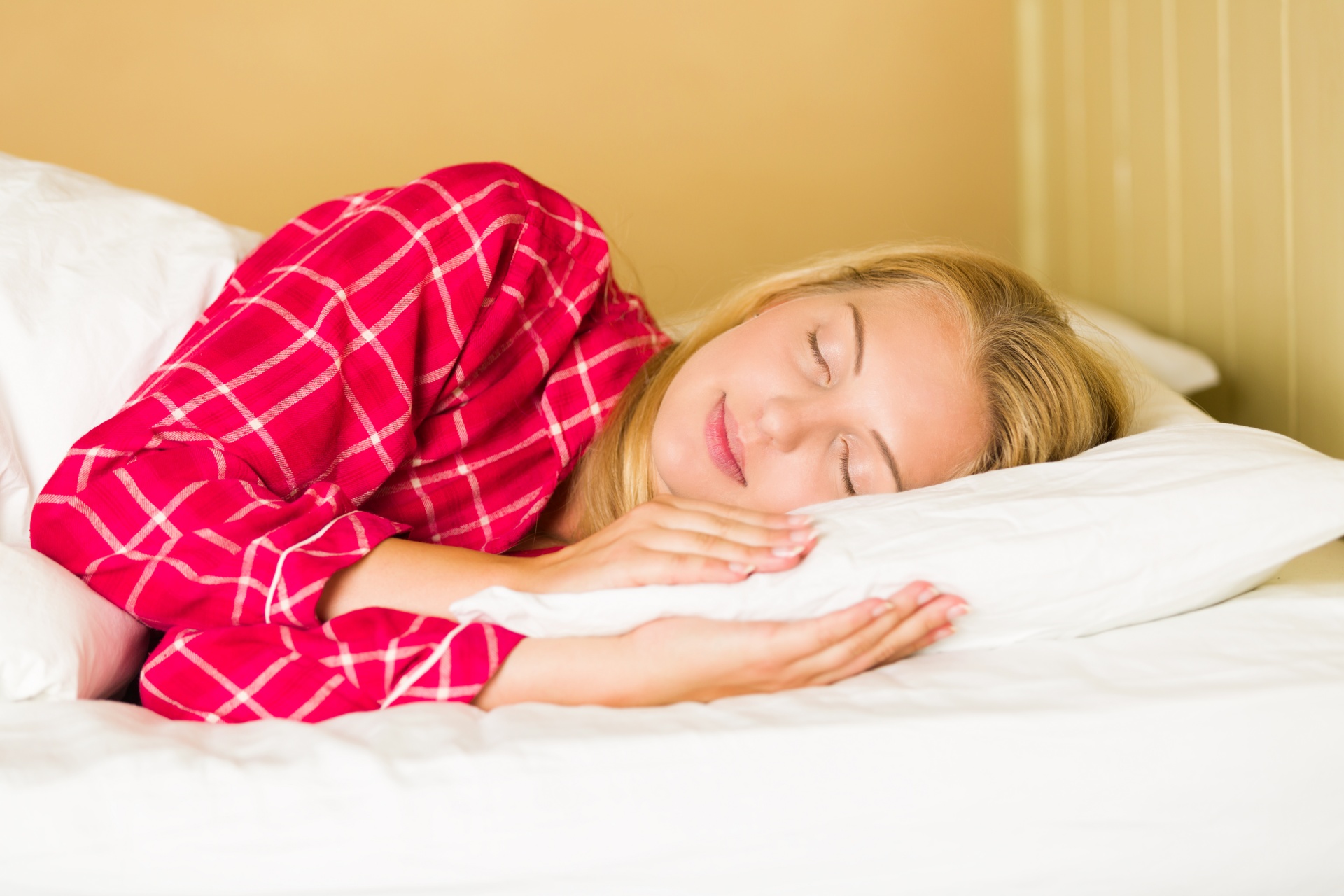
It may come as a surprise to you that even common activities can cause damage to your ears over time.
Remember, any sound level above 110 decibels is damaging your ears. It is recommended to stay clear of frequent exposure to sounds 85 decibels and louder.
Damage due to loud noise can permanently destroy hair cells in your inner ear. You do not grow these hair cells back. So preserve what you have by protecting your ears whenever possible and reducing your exposure to prolonged or loud bursts of noise.
Here is a sampling of decibel (loudness) levels of some daily occurrences. Keep this in mind when partaking in activities that produce loud noise.
- Whisper: 30 dB
- Conversation: 60 dB
- Vacuum cleaner: 75 dB
- Lawn mower: 85 dB
- Rock concert: 110 dB
- Jackhammer: 110 dB
- Gun: 160 dB
But what if you are a regular concert goer or your job requires exposure to loud sounds?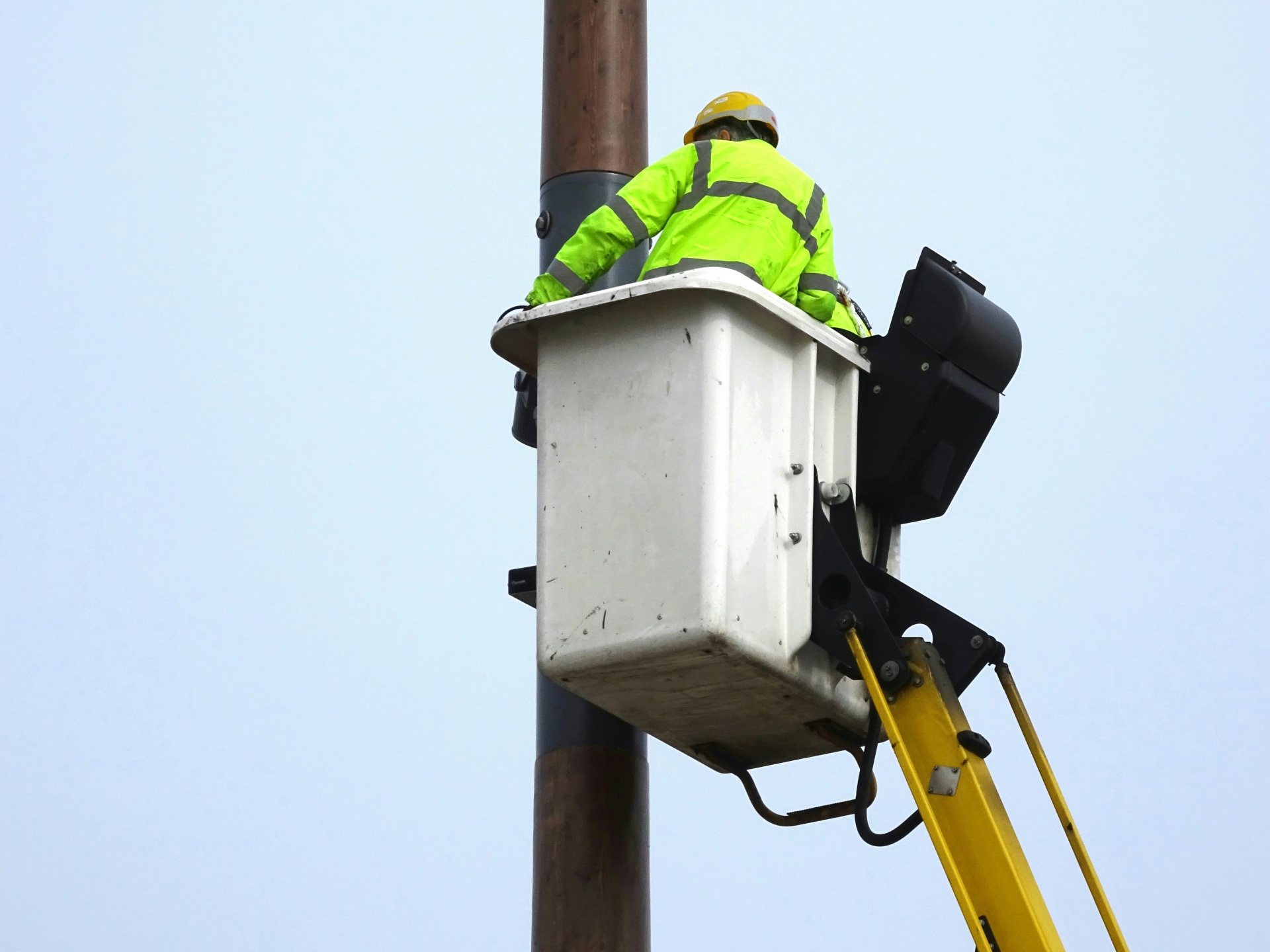
Monitor your ear ringing closely.
- Is the time it takes to recover getting longer?
- Is the ringing sound or the feeling of fullness in your ears getting more significant or more painful after each exposure?
If so, continue wearing ear protection regularly and see your hearing health professional. This may be an audiologist or an otolaryngologist. They will measure and monitor your hearing levels to help you make the appropriate decision about your ear health.
If you still have ear ringing, try these unique treatment ideas.
Or, if you need a way to ease the stress and anxiety related to tinnitus, go here for amazingly effective relaxation exercises.

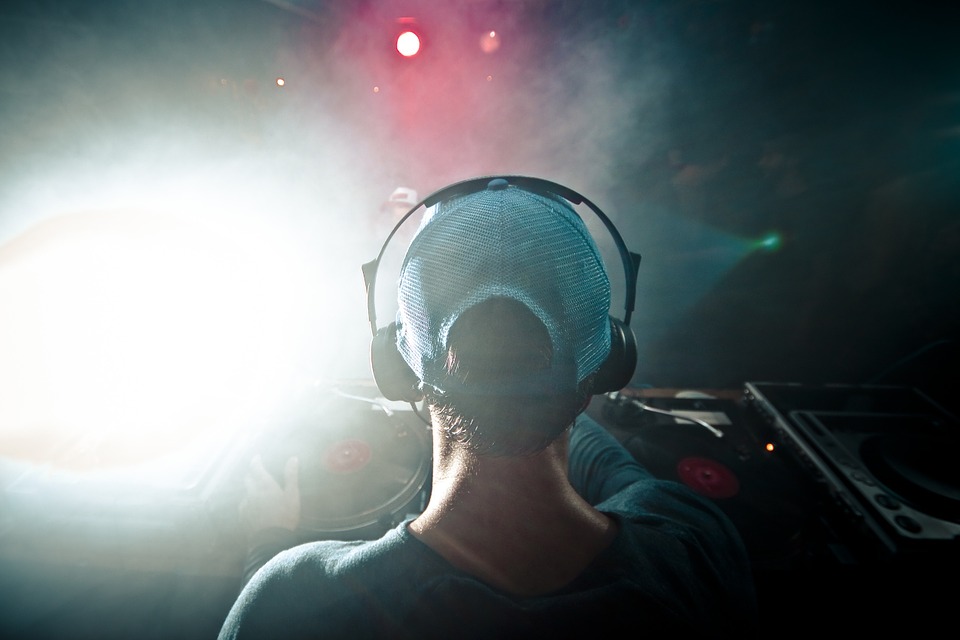

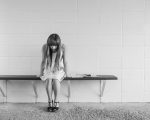

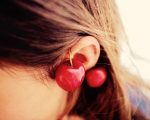

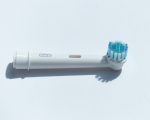




I had a fever and I can feel that I can not hear the sounds clearly. What should I do? It totally bothers me
Is this your first experience with ringing in the ears? Sometimes changes in the body can lead to tinnitus symptoms. I hope you have found something that has helped you!
Did you receive any medications like Vancomycin or Gentamicin? Those can cause some hearing issues.
If you are experiencing hearing loss for more than one day you should seek medical attention immediately. Inflammation from a fever can cause sudden sensorineural hearing loss, which can be permanent. Starting a course of steroids immediately increases your chance of recovery.